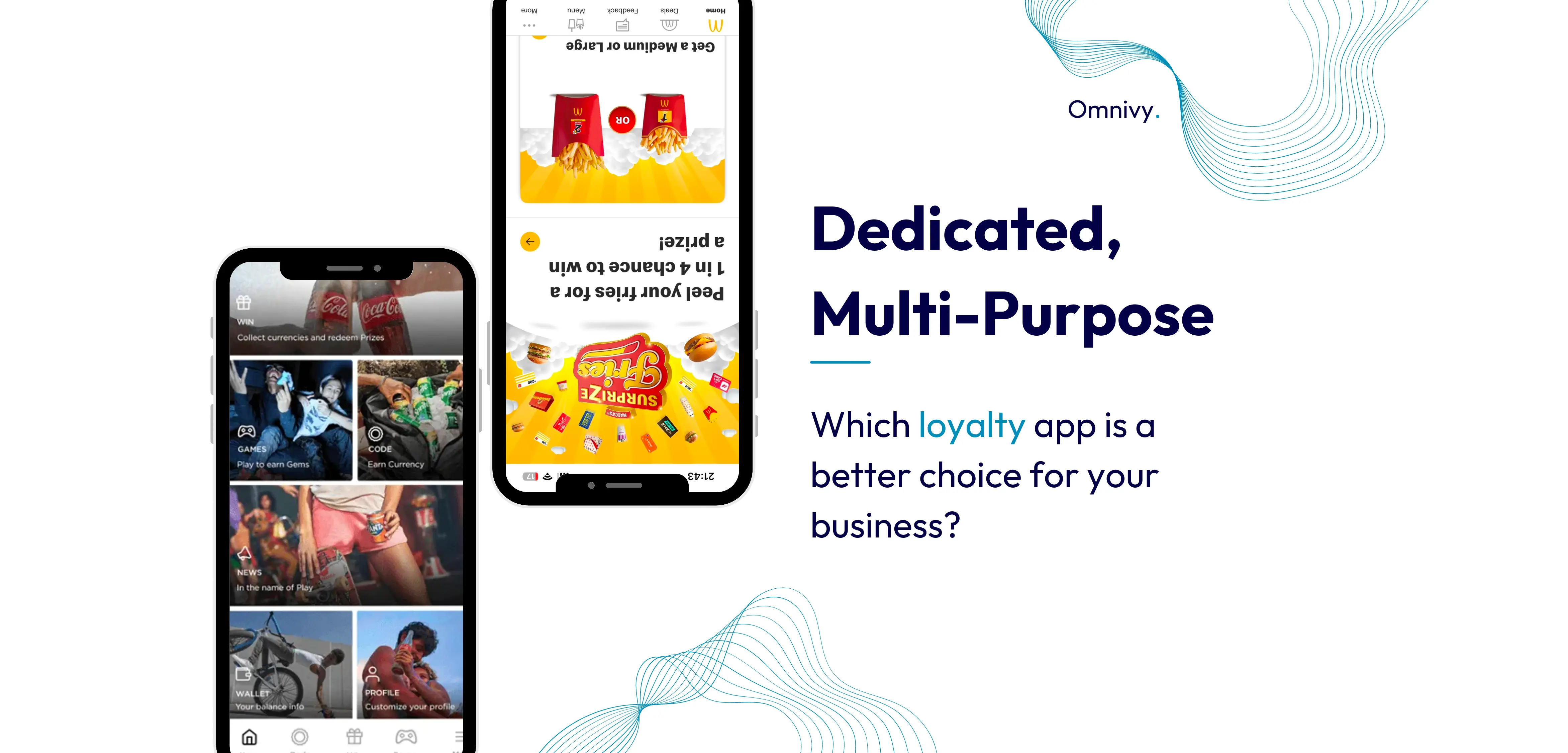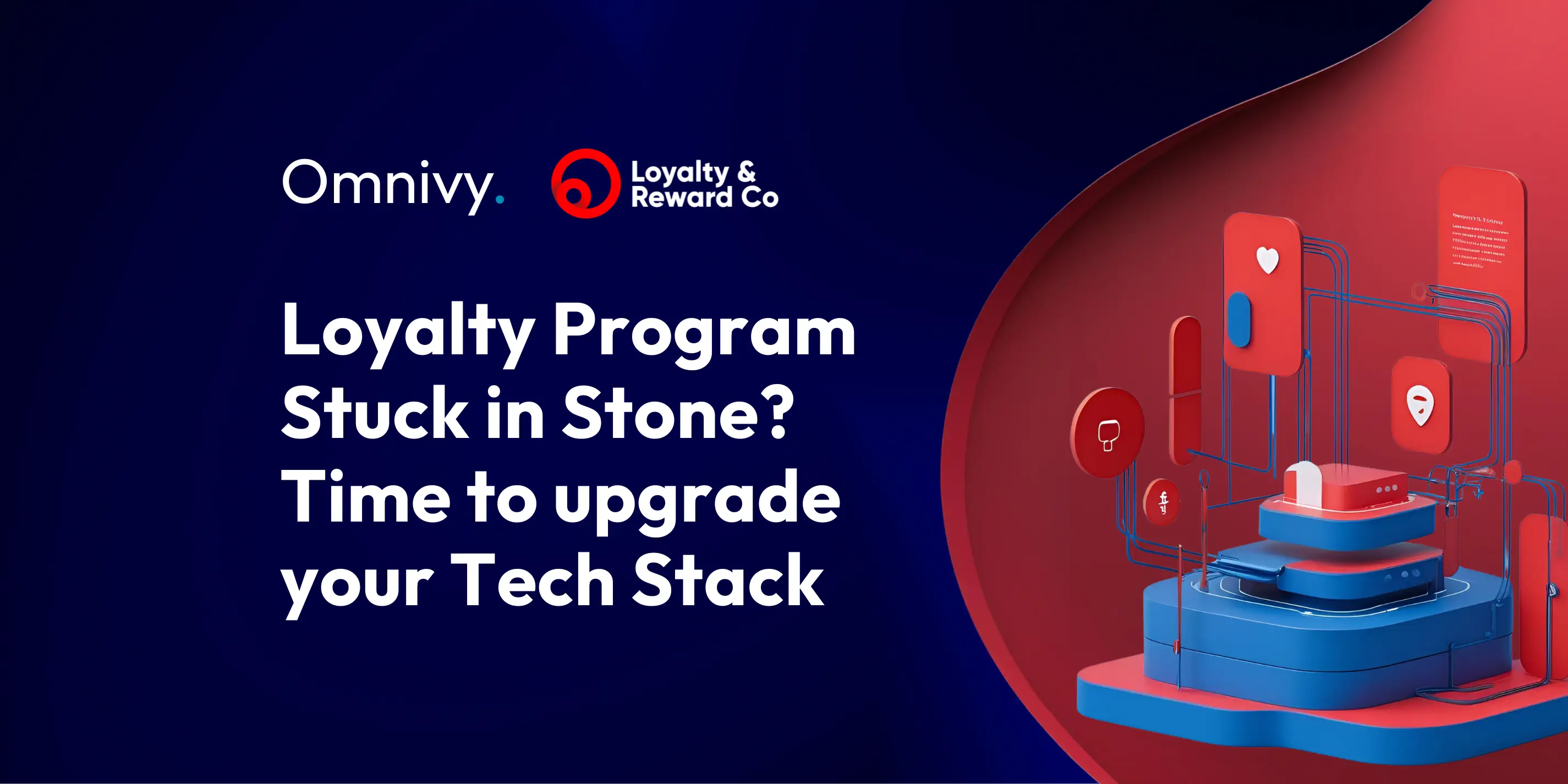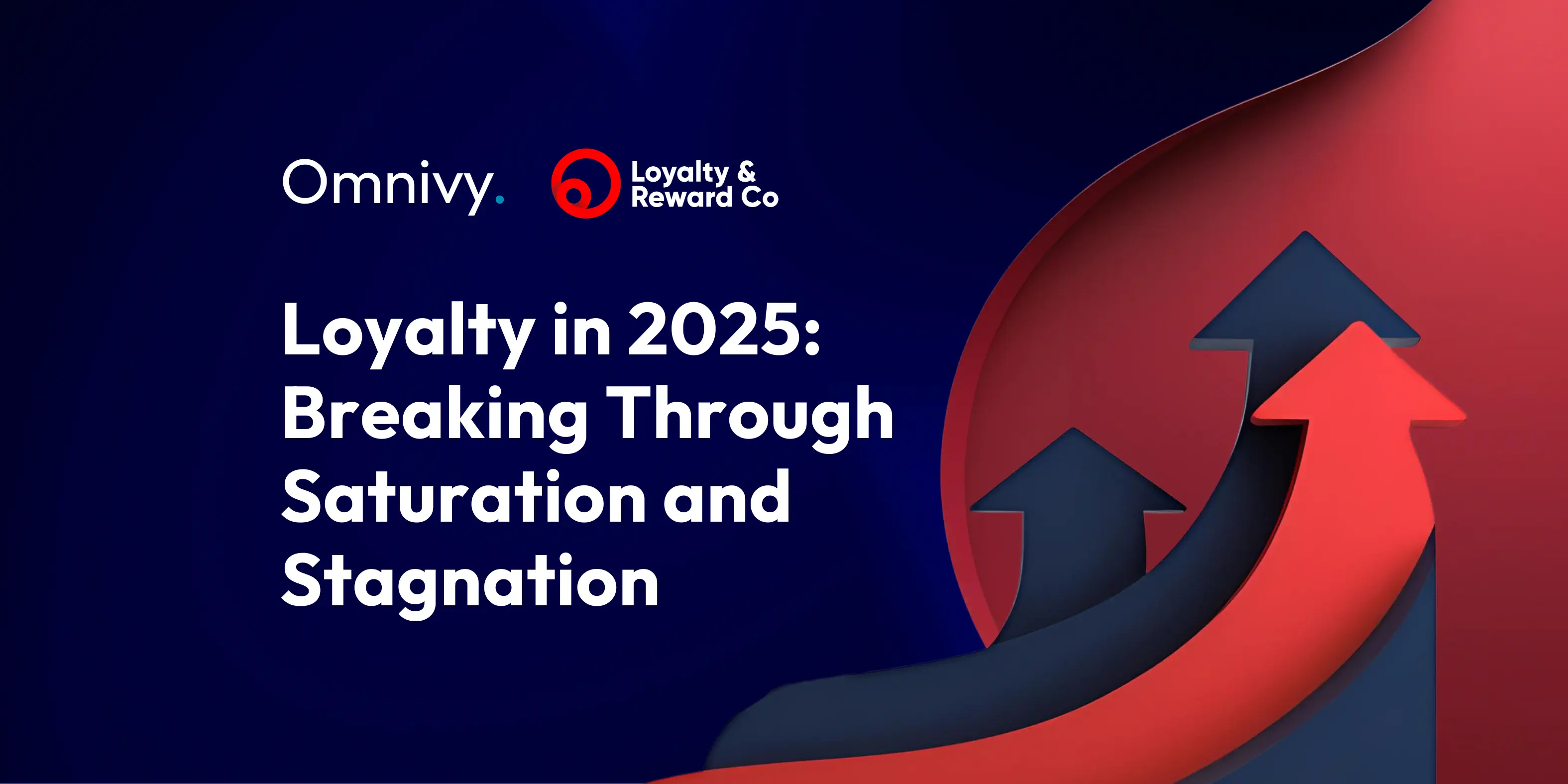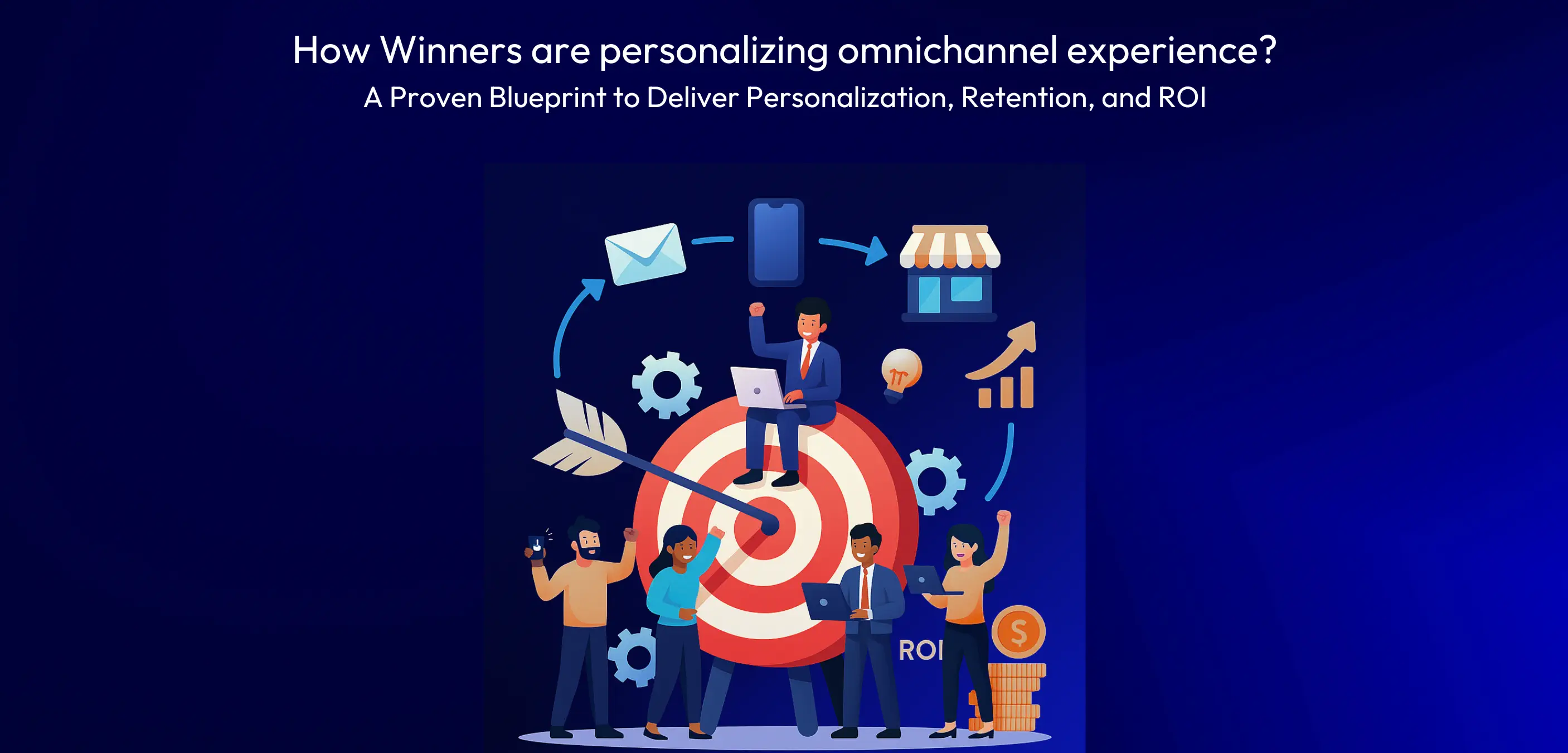Loyalty programs are excellent tools for increasing customer retention, engagement, and appreciation. One of the most powerful tools available to loyalty managers is a Loyalty App. Yet, businesses encounter a pivotal choice: should they invest in a stand-alone Loyalty App or incorporate loyalty features into a brand’s mobile app that usually offers other capabilities like m-commerce, service booking, etc.? Let's delve into the pros and cons of each option and explore the scenarios where each might prove effective.
Before discussing the key differences, let's first focus on the essential loyalty features that should be offered by every Loyalty App, regardless of the type of application or industry in which the loyalty program operates:
- Details of loyalty program rules to provide an easy way to understand how to join, the perks for participation, the registration process, and referral rewards. Any useful information should be easily accessible. This section should be available to all app users, whether they are program members or not.
- A digital loyalty card in a scannable format that point-of-sale scanners can recognize.
- Details concerning the present membership status, including points balance, membership level, challenge progress, or points history (specifics may vary based on the loyalty program type) provide members with easy access to their membership information.
- Details on exclusive promotions, special offers, and content tailored for loyal members - the more personalized to the recipient’s individual needs, the better.
- Catalog of rewards offered to members, such as physical rewards and discount coupons or ‘pay with points’ mechanisms.
- Mobile push notifications can be used to update members about offers (especially using location-based services), upcoming promotions, and any other communication that enhances customer loyalty.
Now that we have summarised these common features, let's focus on the characteristics of each approach and offer some recommendations on selecting the better choice for your business.
Dedicated, stand-alone Loyalty App
A stand-alone Loyalty App is designed exclusively for members of a brand's loyalty program. This type of application centers around the loyalty program, aiming to effectively communicate the program's rules to members, as well as provide them with details about their current status in the loyalty program.
The next essential aspect is serving mechanisms aimed at enhancing customer engagement. While the first area (information layer) serves as a foundation, the second area, loyalty mechanics, differs significantly depending on the industry where the brand operates.
Stand-alone Loyalty App can be custom-built or provided with a loyalty platform. Each approach comes with its own set of pros and cons.
Opting for a custom application involves designing the UI/UX, developing it, and testing it. This process is time-consuming and labor-intensive compared to using pre-made mobile apps that only require customization to align with your brand. What will you get in return?
- Limitless flexibility in developing a custom application with all the features you desire to offer to your members
- No boundaries when it comes to UX, look & feel, and dynamics of the customer journey through the processes
- Possibility to combine multiple dedicated backend solutions with a common frontend (composability of the architecture). Imagine serving loyalty features from your loyalty platform, individualized offers from your personalization engine, and some smaller interactive games developed by a dedicated agency. The only way to achieve that is the dedicated, custom-built app.
To summarize, a custom mobile app gives significantly larger flexibility but comes with a higher price tag. To build it, the backend technology you choose to operate your loyalty program should offer a rich API and be scalable. Some of the vendors provide ready-to-use SDKs (software packages that include libraries, documents, code samples, guides, and APIs) which speed up the development process. Take that into consideration when choosing the right solution.
The second choice, which involves utilizing the loyalty platform's pre-built (white-label) application, may seem appealing due to its quick launch time. However, this option sacrifices uniqueness since using a pre-designed template typically limits major modifications beyond minor adjustments.
Let's simplify the decision by outlining the benefits of having a stand-alone Loyalty App.
- Technologically and economically, it is easier to develop and maintain with fewer functions, most of which are covered by the loyalty platform.
- It enables a concentrated focus on members and their loyalty, providing a personalized and engaging loyalty experience.
- As a loyalty-specific application, information about the program is readily available, eliminating the need for users to search for their loyalty status within the app.
And explore examples of loyalty mobile apps from different industries and reasons why they chose a stand-alone approach:
- Shell, a global oil and gas company, has a standalone loyalty app called Shell Go+ that rewards customers for buying fuel and other products at Shell stations. The app also provides customers with personalized offers, freebies, and surprises. Shell chose a standalone approach to create a distinctive loyalty program that encourages customers to visit Shell stations more often

Source: https://apps.apple.com/gb/app/shell/id1464649113
- Coca-Cola, the global beverage brand, has a dedicated loyalty mobile app called "Coca-Cola App". The app allows loyal customers to earn points and redeem rewards by scanning codes found on Coca-Cola product packaging. These points can be redeemed for free drinks, branded merchandise, or vouchers. The "Coca-Cola App" also provides exclusive offers and discounts to loyalty program members, enabling them to track their progress, browse the rewards catalog, and personalize their preferences within the app.

Source: https://apps.apple.com/gb/app/coca-cola-play-win-prizes/id1451072799
Multi-purpose mobile app integrated with loyalty features
A multi-purpose mobile app merges various services offered by the brand like e-commerce functions (like browsing, shopping, payment, and delivery) or flight reservations service in the case of Airlines, with loyalty features. These apps are commonly used, especially in industries where mobile app plays a crucial role, for example, Retail (m-commerce, in-store product scanners), Airlines (flight booking and travel companion), Automotive (connected-car, maintenance visits booking) or QSR (food-ordering, payments). This method is commonly applied in marketplaces and apps that act as an aggregator for various service ordering, enabling customers to earn points through an operator rather than a particular partner (take Uber Eats as an example). Another sector that embraces this type of application is large multi-industry retail, like Auchan. They provide content to their customers, who may not necessarily be part of a loyalty program.
Let's explore the loyalty functionalities that are typically present in these mobile apps:
- Loyalty Section: Showcasing loyalty program details such as balance and membership level.
- Rewards Catalogue: Featuring popular rewards like discount coupons usable in physical stores or online.
- Streamlined integration of loyalty points and rewards into the checkout and payment procedures.
- Exclusive deals reserved for loyalty program members, including special pricing on select products.
Below are examples of loyalty mobile apps from various industries and the rationales behind their decision to adopt an integrated approach:
- Answear, a leading online fashion platform in Europe, has an m-commerce app integrated with loyalty program, that offers customers online shopping access to exclusive perks, discounts, and free services. The app also allows customers to browse, shop, and pay for over 500 global brands. Answear chose an integrated approach to provide a one-stop shop for fashion lovers and to increase customer loyalty and spending.
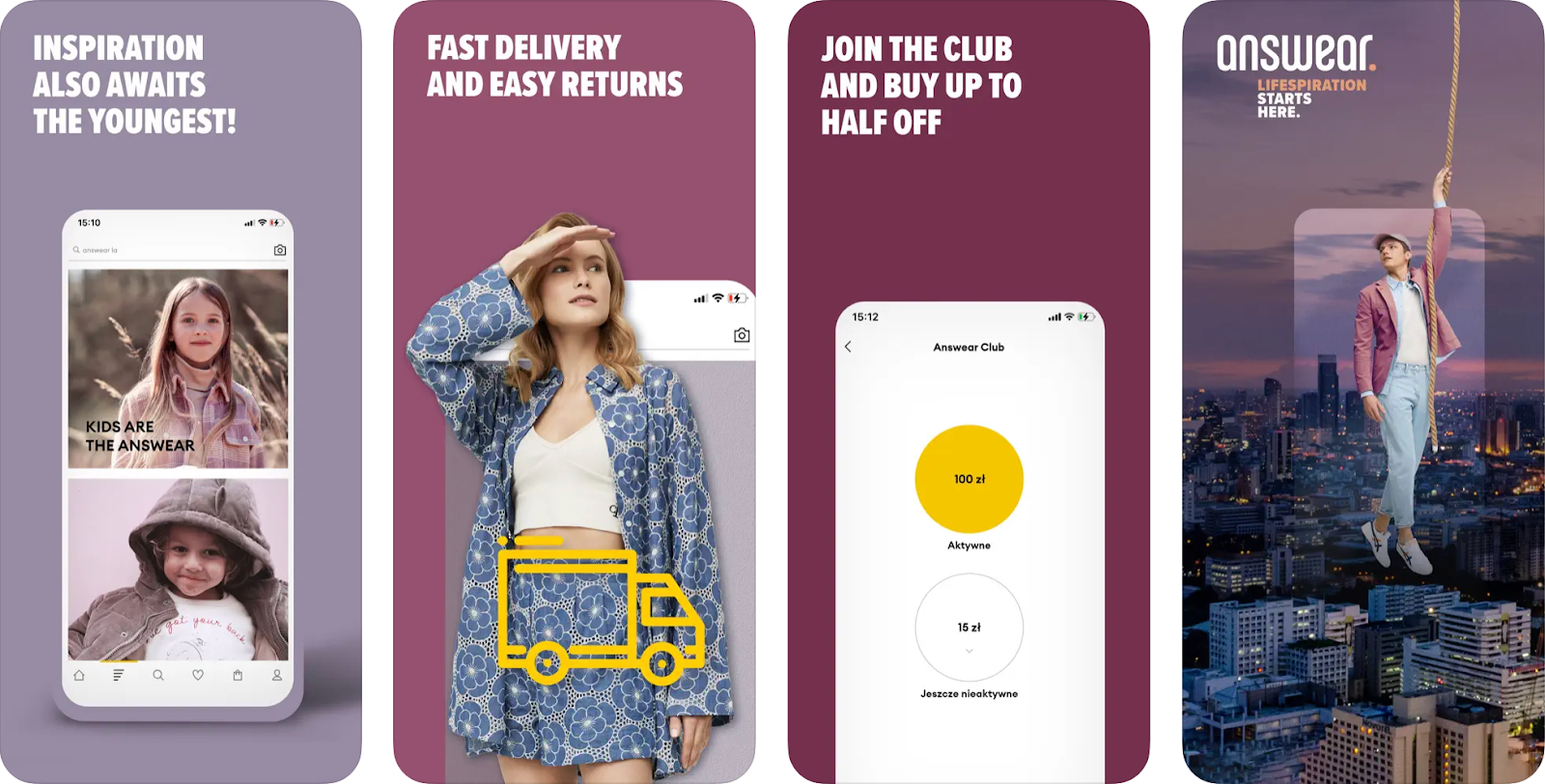
Source: https://apps.apple.com/gb/app/answear-online-fashion-shop/id1500890927
- McDonald’s UK- the largest world fast-food chain, has integrated Loyalty Apps that allow customers to order, pay, and collect their food, as well as earn and redeem loyalty points and rewards. The apps also provide customers with personalized offers, coupons, and deals. McDonald’s chose an integrated approach to provide a convenient and seamless loyalty experience that enhances the overall customer journey and satisfaction.
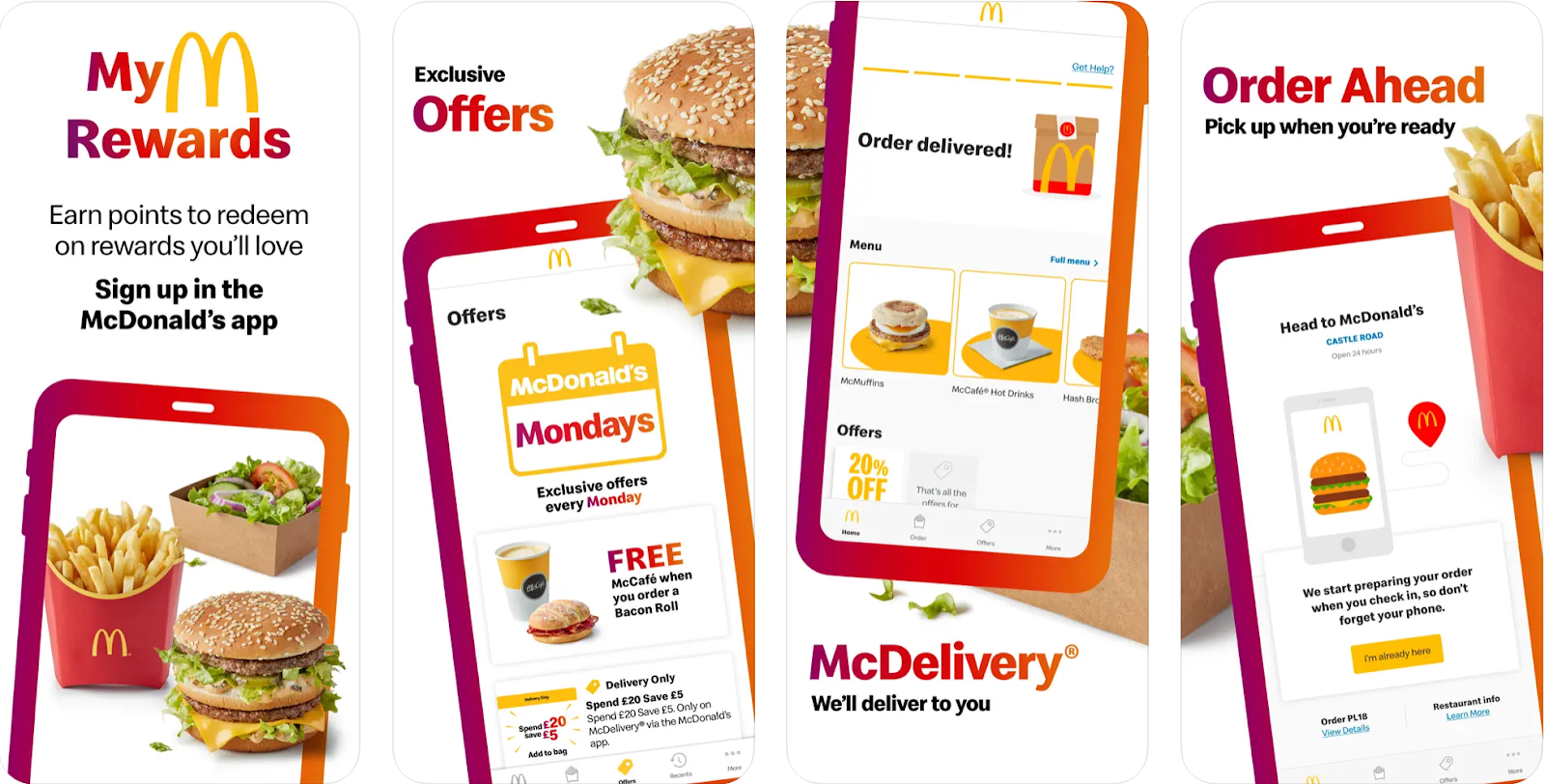
Source: https://apps.apple.com/gb/app/mcdonalds-u-k/id1082476620
How to choose the best approach for your business?
There isn't a clear-cut answer to whether a standalone or integrated Loyalty App is better. The optimal choice relies on several factors, including:
- The industry and market context: Some industries, such as travel, hospitality, and entertainment, may benefit more from stand-alone Loyalty Apps that offer unique and memorable experiences. Other industries, such as retail, grocery, and food delivery, may benefit more from integrated Loyalty Apps that offer convenience and value. However, we can still find exceptions to this rule, e.g. in industries where customers want to 'view-and-touch' products before committing to buying them, like the jewelry industry.
- The business goals and resources: Some business goals, such as building a strong brand identity, community, and loyalty, may align more with standalone Loyalty Apps. Other business goals, such as increasing sales, revenue, and profitability, may align more with integrated Loyalty Apps.
- The available budget, expected time-to-market, and expertise may also influence the decision. Standalone apps will be always faster and easier to deploy (especially the white-label ones that require just minor adaptations to the brand’s identity), while multi-purpose apps are always custom and cross-organization projects with multiple stakeholders and objectives.
The optimal choice relies on several factors and requires a comprehensive analysis of your business scenario. Assess the advantages and disadvantages of each option carefully before selecting the most suitable loyalty mobile app design for your business.
Unsure which path suits your business best? Dive into an advisory session with Omnivy’s team to find what solution is ideal for you.
